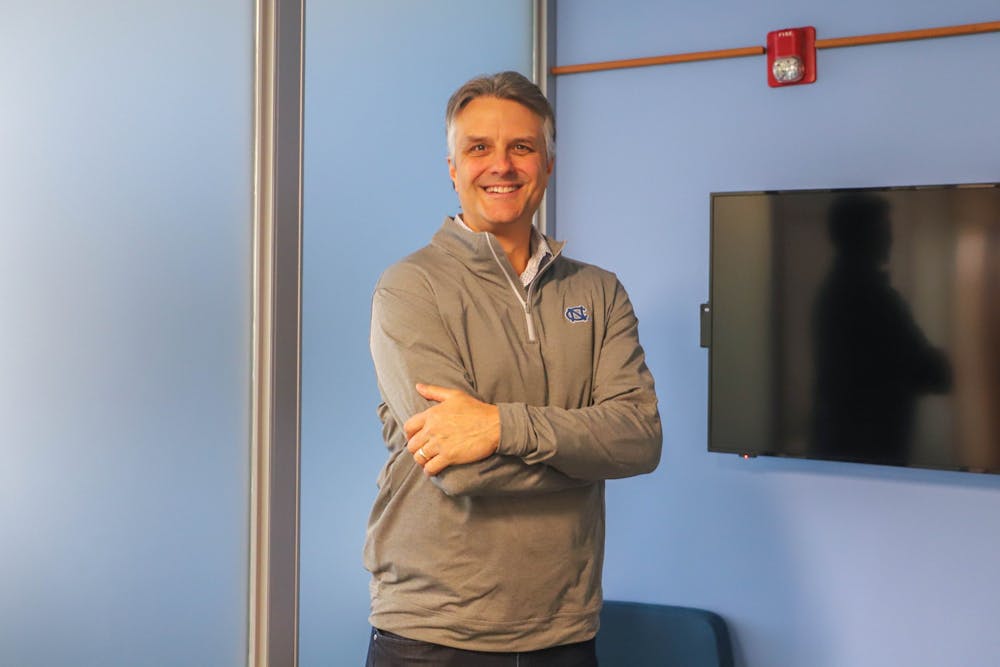A $750,000 grant will help UNC’s Eshelman Institute for Innovation create PowerUp — an initiative to address food insecurity and mental health challenges faced by Black North Carolinians.
The Institute, alongside the Historically Black Colleges and Universities Founders Initiative (HBCUFI) — a California-based nonprofit — will help source ideas from N.C. A&T and try to refine them into digital for-profit ventures.
The Eshelman Institute for Innovation was founded in 2014 and is part of the Eshelman School of Pharmacy. Bob Dieterle, managing director of the UNC Digital Health Venture Studio, said that the best ideas for solving problems will come from the communities they affect.
“At the Eshelman Institute, we're focused on getting health out of research universities with innovative health research, or great ideas that are stuck in communities that lack the infrastructure and capital,” Dieterle said.
Throughout this spring, the plan for PowerUp is to create detailed accounts of the two defined issues — food insecurity and mental health — facing the Black community and ideas to tackle them. The initiative will work closely with advisory board members from North Carolina and across the country to refine community members’ ideas into "venture-backable" startups. The goal is to launch two startups in the fall.
The U.S. life expectancy in 2021 was 76.1 years—the lowest it had been since 1996, partially due to the pandemic — but was 70.8 years for Black Americans.
In 2021, just over 10 percent of U.S. households and nearly 20 percent of Black households were food insecure, according to the U.S. Department of Agriculture.
The Humana Foundation provided the grant and chose to focus on food insecurity and mental health. It is the charitable arm of Humana, one of the nation’s largest health insurance companies.
PowerUp will host its first event at N.C. A&T on Wednesday, which will include a presentation and brainstorming session to spark ideas at a dinner that about 100 students, faculty and community members are expected to attend.




